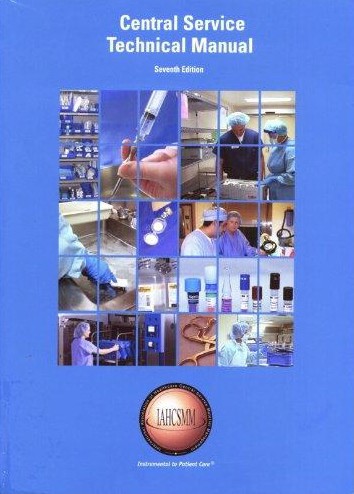2 Million
Each year, approximately _ ______ patients develop a Healthcare-associated infection
They harbor bacteria
Watches and other jewelry should not be worn in the Central Service department work areas because:
15 seconds
During handwashing, hands should be lathered and scrubbed for at least:
Fluid-Resistant Gowns
To protect themselves from splashes and spills, Central Service Technicians assigned to the decontamination area should wear:
Treat all patients as infectious
The main theory of Standard Precautions is that:
Keep biohazard areas locked
Which of the following is NOT a requirement of the OSHA Bloodborne Pathogen Standard?
OSHA
Following Standard Precautions protocols is required by:
Anyone entering the Central Service department
Departmental dress codes apply to:
Fomites
Inanimate objects that can transmit bacteria are called:
Wet-mopped daily
Floors in the Central Service department should be:
Asepsis
The absence of microorganisms that cause disease is called:
The principles of asepsis
Know what is dirty, know what is clean, know what is sterile, keep the three conditions separate, and remedy contamination Immediately are:
Red/Orange
What color should biohazard labels/signs be?
10 air exchanges per hour
The decontamination area of the Central Service department should have:
Restricted
Which of these traffic control/dress code requirements applies to the Operating Room?
Central Service Technicians change from their street clothes into clean attire before entering their work area.
CST work in a controlled environment. They help maintain that environment by removing street clothes that may carry contaminants and changing into facility-issued scrubs. They wear hair covers and follow specific dress codes to reduce the amount of microorganisms introduced into the work area.
Before beginning work
CST remove watches and other jewelry before beginning work.,Watches and other jewelry can harbor microorganisms that could be transmitted into or out of the Central Service areas.
Central Service Technicians wear PPE in the Decontamination area
PPE is designed to protect workers in biohazard areas from bloodborne pathogen exposures that may occur as they handle contaminated items.
Food and Beverages are not allowed in Central Service work areas.
CST should not eat or drink in their area for several reasons: Beverages may spill and contaminate items, Food & Beverages may attract insects, CST hands may get soiled and they may transmit bacteria.
Floors in the CS Department should be wet-mopped daily. They should never be swept or dust-mopped.
Because those processes cause dust to rise and it may be re-deposited on items in the area. Floors in the Central Service should be wet-mopped at least daily.
